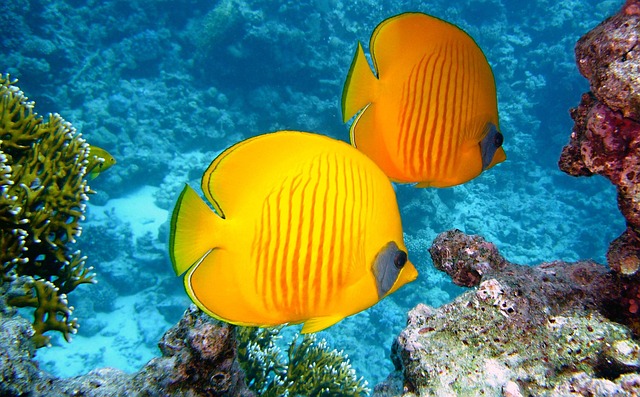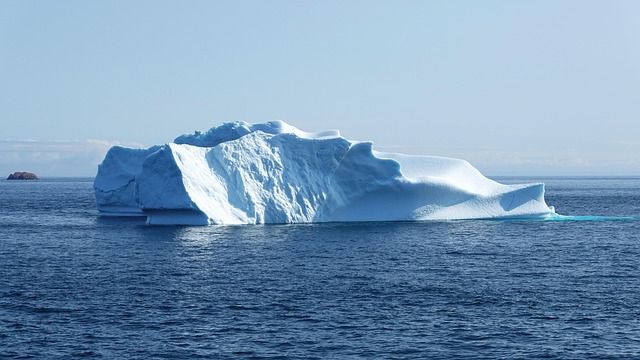The beauty of underwater landscapes is often defined by the vibrant colors and intricate formations of reef-building corals. These natural wonders, which serve as the backbone of marine ecosystems, are now facing unprecedented challenges due to the looming crisis of climate change. As our planet warms, the delicate equilibrium of coral reefs is destabilizing, leading to dramatic environmental consequences that reverberate far beyond the shoreline.
Reef-building corals are not just simple organisms; they are vital architects of the ocean, forming complex habitats that support a wealth of marine biodiversity. These reefs act as nurseries for fish, offer protection for coastal areas, and contribute to the livelihoods of countless communities worldwide. However, increasing ocean temperatures and acidification—byproducts of climate change—are wreaking havoc on these majestic structures.
As the water warms, coral bleaching has become a distressingly common phenomenon. When stressed by heat, corals expel the symbiotic algae—known as zooxanthellae—that live within their tissues, providing them with essential nutrients and their vibrant colors. Bleached corals lose their previously lush appearance, turning a ghostly white. This not only affects the corals themselves but also disrupts the entire marine ecosystem, leading to a decrease in fish populations and a decline in biodiversity.
But the impact of climate change doesn’t stop there. Ocean acidification, caused by increased carbon dioxide levels, significantly affects the ability of reef-building corals to calcify, weakening their structures over time. As these corals struggle to reestablish their skeletons, the very foundations of their reefs start to crumble, threatening the myriad species that depend on them.
The implications of these changes extend into human territories as well. Coastal communities, which rely on healthy reefs for fishing, tourism, and protection from storm surges, are left vulnerable when these ecosystems deteriorate. The loss of reef-building corals can spell disaster—not just for marine life but for the economies and cultures intertwined with them.
Yet, amidst this dire scenario, there are glimmers of hope. Various conservation efforts are underway to restore damaged coral reefs and mitigate the effects of climate change. By promoting sustainable fishing practices, reducing pollution, and supporting local initiatives, we can take meaningful steps toward safeguarding these essential ecosystems for future generations.
As stewards of our planet, it’s crucial that we recognize the intrinsic value of reef-building corals. Their plight is a poignant reminder of the fragility of our environment and the urgent action needed to combat climate change. Together, we can work to ensure that these incredible natural structures continue to thrive, preserving not only the rich biodiversity they support but also the communities that depend on their existence.




